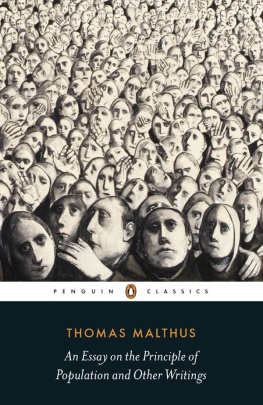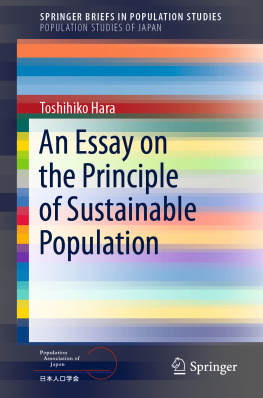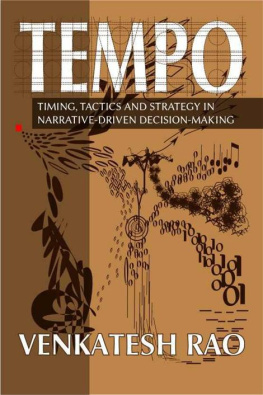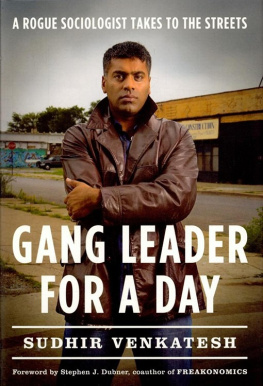The Gervais Principle
The Complete Series, With a Bonus Essay on Office Space
Venkatesh Rao
Ribbonfarm, Inc.
First Edition
2013 by Ribbonfarm, Inc. All rights reserved
ISBN: 978-0-9827030-3-8
http://ribbonfarm.com
First Edition
Contents
Preface
Reflection is a dangerous pastime. It can lead you to rewrite your past, alterhow you see your present, and tempt you down paths you never imaginedyou would explore.
By my estimate, the material in this book has already triggered suchhazardous reflection for thousands of people over the past four years. Ithas triggered significant (and not always positive) career moves fordozens of people that I know of. I myself am one of the victims of thisbook.
I did not set out to write a business book that could serve as anunflattering career-retrospective mirror for thousands, help me launch afledgling independent consulting career, or earn me a reputation as a peddlerof slightly evil business and career advice. Those were accidents. It is not yetclear whether they were happy accidents. Part of me still thinks this is goingto end in tears.
What I actually set out to do was understand why a television show wasfunny. I found answers that satisfied me by looking back at my own workhistory. And accidentally created a mirror for those wishing to reflect upontheir work and life.
Around 2009, I had spent about a dozen years earning paychecks fromvarious organizations, large and small. During that period, I never really sawmyself as a rebel or iconoclast. Perhaps a little combative and insensitive.Perhaps a little too blind to turf boundaries in the workplace. Perhaps a littletoo disrespectful towards social norms, especially when out of coffee and inone of my more vicious moods. Maybe somewhat addicted to figuring out theworkplaces I inhabited on my own, instead of taking my cues from seasonedveterans.
But not an iconoclast, no. I was just another impatient young person whodid not like wasting time doing clearly pointless things. Just another youngperson trying to grope my way towards significant work before Dilbert -ish cynicism caught up with me.
In 2009, all that changed. A television show and a an online cartoonconspired to forever alter my understanding of workplaces. The televisionshow was The Office . The cartoon (used with permission in Chapter 1) wasHugh MacLeods Company Hierarchy.
Suddenly the mise en place, as Hercule Poirot would have called it,cooked itself into a spectacularly depressing, but oddly empoweringtheory of organizations. The result was the first Gervais Principle poston my blog, Ribbonfarm. At that point, Id been writing the blog forabout two years, and it had been chugging along modestly, being thegood little blog that could. I had no high hopes for it. It was just ahobby.
But when the Gervais Principle went viral, via the tech news aggregatorSlashdot, not only did the blog take off, so did a snowballing process ofself-perception refactoring. By the time I finished the series with a sixth andfinal part in 2013, I had radically reprogrammed my attitudes towards workand life with over 30,000 words of reflection, and carved out a new career asa blogger-consultant-independent-researcher. The response to the series hasbeen overwhelming and gratifying. I cannot claim all the credit for thesuccess, since it appears that I accidentally pulled off a brilliant piece oftiming: writing about organizational behavior and office politics at a timewhen popular culture fell in love with a new workplace archetype: the Sociopath. As the cliche goes, I was in the right place at the righttime.
I still dont see myself as a rebel or iconoclast. Just as someone who canread organizations relatively fluently and act efficiently within them. Before, Iused to figure out how to be effective by fumbling around through trial anderror. Now, I am increasingly able to deliberately think through problems andsituations that I would previously have bumbled through. I foundthat I could get results faster, with less wasted effort. I still makemistakes, but not the kind that are a result of political illiteracy ornaivete.
That, ultimately is what this book is about: organizational literacy, thereading and writing of organizational forms.
This book is not the only way you can achieve organizational literacy, butit is probably among the most accessible introductions available today, andone that can pretty reliably get you literate, so long as you have a functioningsense of humor about life. Though I have a bit of a reputation as a difficult writer, I have yet to meet a reader who didnt get this series.You can also get yourself literate by reading Nietzsche or WilliamWhyte, close-reading shows like The Office or Deadwood on your own,or simply reflecting thoughtfully on your own career history whiledrunk.
I claim no real originality. This is just a cheap and easily digestiblebasic organizational literacy 101 guide written in what is hopefully anaccessible and contemporary style rather than impenetrable Nietzscheanverse.
But there is a cost to getting organizationally literate. This ability, onceacquired, cannot be un-acquired. Just as learning a foreign language makesyou deaf to the raw, unintelligible sound of that language you could onceexperience, learning to read organizations means you can never see them theway you used to, before.
Achieving organizational literacy or even fluency does not mean you willdo great things or avoid doing stupid things. But it does mean that you willfind it much harder to lie to yourself about what you are doing and why. Itforces you to own the decisions you make and accept the consequences ofyour actions and decisions. It makes it harder to blame others forthings that happen to you. So to seek organizational literacy is to alsoaccept a sort of responsibility for your own life that many instinctivelyreject.
Literacy of any sort gives you the power to recognize and unambiguouslylabel things that the illiterate can easily ignore as noise, fads and bullshit.This power can have very unpredictable effects. You may find yourselfwishing, if you choose to acquire it, that you hadnt. So acquiringorganizational literacy is what some like to call a memetic hazard: dangerousknowledge that may harm you. A case of where ignorance is bliss, tis follyto be wise.
And no, I am not trying to lend this book a sort of dangerous, bad-assallure. Ive had people actually tell me that this series served as a sort ofred-pill-blue-pill Matrix moment in their careers. Some have even shared alament similar to that of the character of Cypher in the Matrix, Why, oh whydidnt I take the blue pill?
Perhaps the most interesting response to the original post was theaccusation made by one commenter: that I was being seriously irresponsibleby doing the equivalent of making computer system exploits public andaccessible to hackers.
But over the 5 years that I lazily wrote the series, as I collected dozens ofanecdotes from readers, I became convinced that the fears, whilereal enough, were overblown. While Ive had many reports of peoplelosing motivation for their work after reading the series, it appearsto have had a positive effect for many more people. Literacy of anysort is a good thing. Organizational literacy is liberal education inthe best sense of the term: it increases your freedom by making youmore alive to the possibilities around you. To believe that there aretypes of knowledge that people cannot be trusted with, for their owngood, is a sort of illiberal paternalism that is characteristic of insecuredictators.
So yes, this book contains material that ought to be considered a memetichazard perhaps. But I believe, unlike Jack Nicholson in A Few Good Men, thatalmost everybody is capable of handling the truth. Sure, some ofyou may end up depressed, or make bad decisions as a result of thisbook, but I believe that is a risk associated with all writing of anysubstance.
Next page









